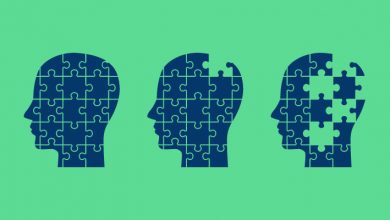Orthopaedic Health
By Dr Suresh Siva
Causes
One single event may not cause your pain. You may have been doing many things improperly – such as standing or lifting – for a long time. Then suddenly, one simple movement (such as reaching for something or bending from your waist) leads to pain.


- heavy use from work or sports
- past injuries and fractures
- past surgery.
You may have had a herniated disc, where part of the spinal disc is pushed onto nearby nerves. Normally, the discs provide space and cushion in your spine. If these discs dry out and become thinner and more brittle, you can lose movement in the spine over time. The gel in the disc is like toothpaste from a tube and once it has been squeezed out it cannot go back inside the disk.
If the spaces between the spinal nerves and spinal cord become narrowed, this can lead to a condition known as spinal stenosis.
In fact, you are at greater risk for low back pain if you smoke, are over age 30, overweight, pregnant, if you do not exercise or if you have a job in which you have to do a lot of heavy lifting or bending.


Symptoms
You may feel a variety of symptoms if you have back pain, including:
- dull aching
- sharp pain
- tingling or burning sensation
- weakness in your legs or feet.
Low back pain can differ from person to person. The pain may be mild, or it can be so severe that you are unable to move.
Depending on the cause of your back pain, you may also have pain in your leg, hip or on the bottom of your foot.
Treatment
If you have any concerning symptoms, call your doctor right away. However, the good news is that 90% of patients with back pain improve and recover without any need for surgery. All they need is rest, exercise and physiotherapy. Some patients may need a short course of medications to reduce inflammation and relieve pain. Some patients may benefit from massage therapy.
If your back pain does not go away completely with rest and exercise, you must learn to take care of your back at home and learn how to prevent repeat episodes of back pain during the course of your normal activities. Your doctor and your physiotherapist can help you manage your pain and keep you as active as possible.
However, if the pain does not improve after physical therapy or if you have a serious spinal condition or nerve damage you may require spine surgery to relieve pain and stabilize the spine. If the diagnosis is correct, there is a high success rate following spine surgery.
Outlook
Most back problems will get better on their own. The key is to know when you need to seek medical help and when self-care measures will allow you to get better.


